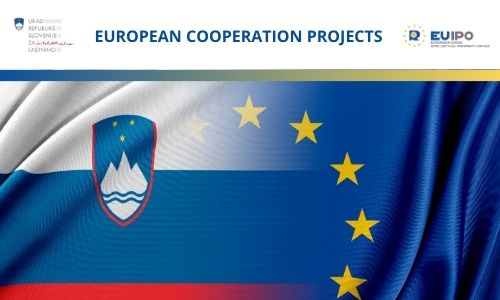ESAs’ Board of Appeal dismisses case against EIOPA on alleged non-application of Union law as manifestly inadmissible
The Joint Board of Appeal of the European Supervisory Authorities (ESAs – European Banking Authority, European Insurance and Occupational Pensions Authority, and European Securities and Markets Authority) published today its decision in relation to an alleged non-application of Union law by six national competent authorities brought by Mr Howerton against the European Insurance and Occupational Pensions Authority (EIOPA). In its decision, the Board of Appeal dismisses the Appellant’s claim as inadmissible as the facts described do not seem to involve insurances and occupational pension funds or any other subject-matter within the remit of EIOPA nor of the Board of Appeal.
The Board of Appeal finds that Mr Howerton’s appeal merely reiterated the very same complaints which had been raised in the past by the Appellant towards the European Securities and Markets Authority (ESMA) and which the Board of Appeal determined to be inadmissible in that context. As in the ESMA Decision, the Board of Appeal fails to see how the facts described by the Appellant, and previously filed in a complaint directed to EIOPA, may involve insurances and occupational pension funds or any other subject-matter within the remit of EIOPA and of the Board of Appeal. In addition, the Board of Appeal notes that the Appellant, at the time of filing this new appeal, was fully aware of the reasons of inadmissibility of the appeal filed against ESMA. The Board of Appeal, therefore, considers the appeal as manifestly inadmissible and does not allow for any further consideration.
Background
On 18 august 2020, Mr. Howerton sent several requests to EIOPA to investigate six national competent authorities under Article 17 of Regulation (EU) No 1094/2010. EIOPA assessed the content of the requests to investigate and concluded that the facts were outside the scope of EIOPA’s remit because they did not fall under any of the Union acts referred to in Article 1(2) of Regulation (EU) No 1094/2010. The Appellant was informed of this conclusion by EIOPA on 30 September 2020. The appeal against EIOPA’s communication of 30 September 2020 was filed on 9 October 2020.


